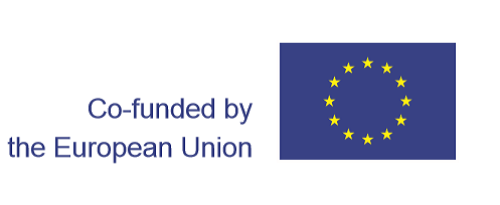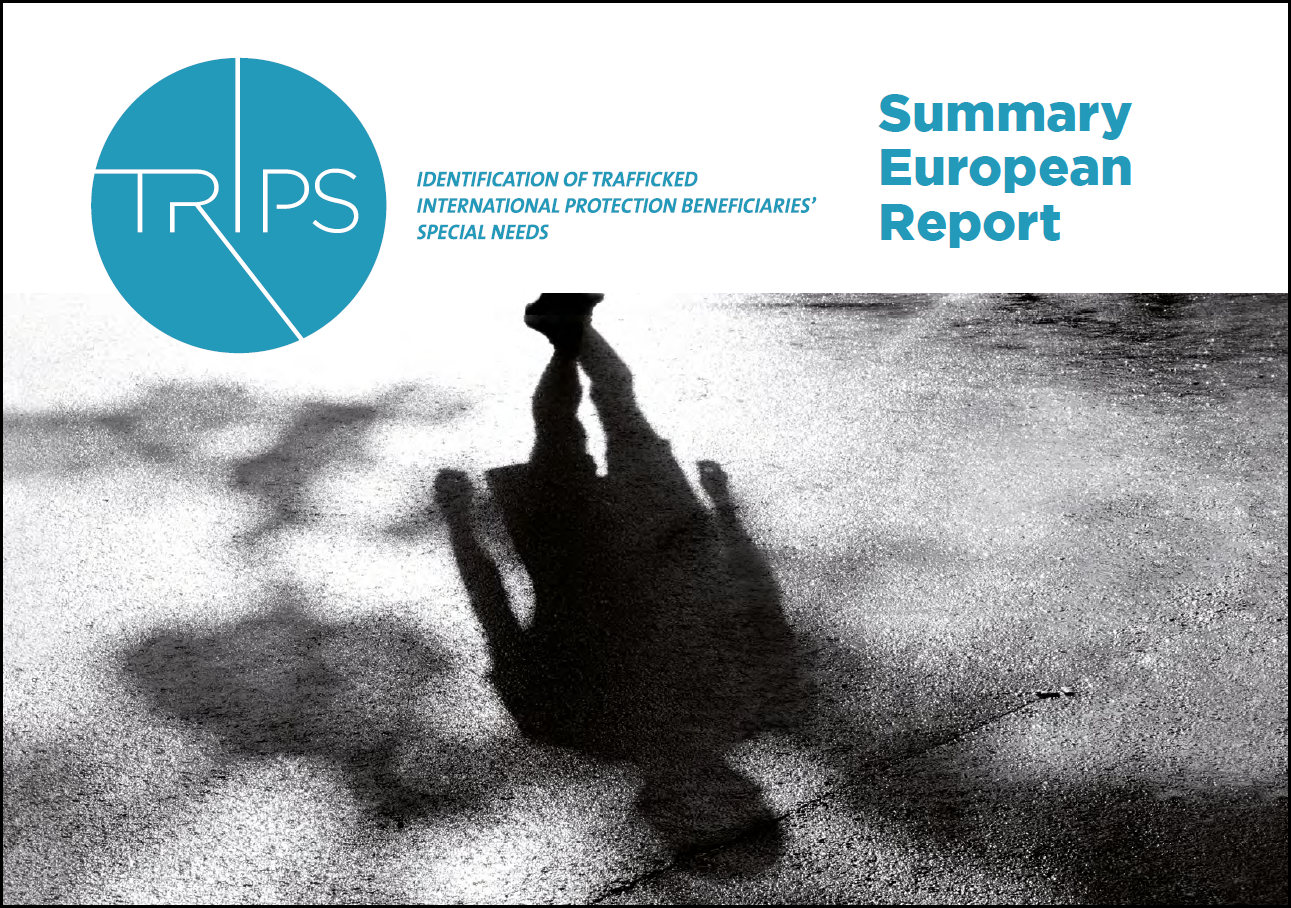Trafficking in human beings: A new European report highlights the specific needs of trafficked beneficiaries of international protection
On the occasion of the European Day against Trafficking in Human Beings (October 18), Forum réfugiés-Cosi and its European partners Churches' Commission for Migrants in Europe (CCME, Belgium), Immigrant Council of Ireland (ICI, Ireland), Italian Council for Refugees (CIR, Italy), Organization for Aid to Refugees (OPU, Czech Republic) publish the European results of the EU-funded TRIPS project on the identification of trafficked international protection beneficiaries’ specific needs related to integration.
The TRIPS project has been implemented since January 2020. It analyses the integration conditions and the risk of being (re)exposed to human trafficking for beneficiaries of international protection (subsidiary protection or refugee status) in the light of the European legal framework which provides that Member States must take into account the situation of vulnerable people in the integration process, specifically victims of trafficking. In order to study the effective implementation of this provision, the project partners carried out research in France, Ireland, Italy, and the Czech Republic and addressed the plurality of integration issues - access to social rights, housing, health, training and employment. Thanks to interviews with institutions, civil society organizations and the victims themselves, the partners were able to identify good practices and gaps in the policies and mechanisms in place, and to better understand the specific needs in this area. The project partners published today a European comparative report including key recommendations for improving public policies and practices across the European Union.
The research results highlight that none of these four member states guarantees a comprehensive and tailored assessment of the special needs of victims of human trafficking after being granted international protection status. In addition, all EU Member States covered by the study report significant challenges related to the sharing of information regarding the specific needs of victims, including between asylum and integration authorities. In order to ensure a continuum of care for beneficiaries of international protection who are victims of human trafficking, the role of NGOs and social workers appears to be crucial in alerting the authorities to the needs of victims or in directing cases towards the appropriate services and support.
Despite the provisions of the revised Qualification Directive on access to social rights and housing, significant obstacles and challenges are reported in all four Member States, exposing trafficked international protection beneficiaries to the risk of re-exploitation. Difficulties linked to cumbersome administrative procedures, delays, inconsistent decisions by the authorities and lack of training on human trafficking have been identified and may put victims at risk of trafficking. However, promising mechanisms and good practices have been identified to ensure better access to sustainable and safe housing for victims benefiting from protection. Critical in the support of victims of trafficking and beneficiaries of international protection, access to health care and in particular mental health must be improved. The study also underlines the importance to access sustainable and fair paid employment to ensure basic needs and avoid re-exploitation. On the other hand, trafficked IPBs may need time to recover before engaging in professional integration, but they are pressured to accept any job in order to cover the costs associated with their process and integration procedures. Finally, parenting issues have a significant impact on access to education and employment opportunities, especially for women. Support and assistance to facilitate access to childcare services are rarely provided.
The project partners developed a European Toolkit for Practitioners which aims to provide common guidelines and inspire the development of national toolkits that will include national perspectives and field practice. It offers the opportunity to national institutions and organizations from different Member States to develop their own national toolbox to strengthen their capacities in terms of identifying and responding to these specific needs by adapting it to their context and their need.
The development of these European reports and tools benefited from the contribution and expertise of associated European experts: the French Office for the Protection of Refugees and Stateless Persons (OFPRA), the French Office for Immigration and integration (OFII), the Secretariat of the Group of Experts on Action against Trafficking in Human Beings (GRETA) and Amicale du Nid.
On November 8, the national partners of the TRIPS project will present their national synthesis reports which will include the results of their research carried out at the national level as well as key recommendations, and their national toolkits. National conferences will then be organized in France, Ireland, Italy and the Czech Republic. Finally, the partners of the TRIPS project will present all the results of the project at a final European conference which will take place on 7 December in Brussels.
Background note
According to the European Commission study on human trafficking, 26 268 persons were registered as victims of human trafficking in the European Union for 2017 and 2018. 46% were victims of sexual exploitation and 22% for labour exploitation. 59% of the victims registered were third-country nationals. Women and young girls remain the first impacted by human trafficking (58%), and 32% of the victims are minors. European and international organizations underlines that Migrants, asylum seekers and refugees face increased risks to be exploited in the country of origin, during the journey and/or in the country of destination.
The TRIPS project was preceded by the EU-funded TRACKS project carried out between 2016 and 2018 and coordinated by Forum réfugiés-Cosi, which focused on identifying and addressing the specific needs of victims of human trafficking in the asylum application.
 The content of this press release represents the views of the author only and is his/her sole responsibility. The European Commission does not accept any responsibility for use that may be made of the information it contains.
The content of this press release represents the views of the author only and is his/her sole responsibility. The European Commission does not accept any responsibility for use that may be made of the information it contains.

